Welcome
I started this blog in 2013 to share my reflections on reading, writing and psychology, along with my journey to become a published novelist. I soon graduated to about twenty book reviews a month and a weekly 99-word story. Ten years later, I've transferred my writing / publication updates to my new website but will continue here with occasional reviews and flash fiction pieces, and maybe the odd personal post.
|
Although these two novels couldn’t be more different in tone – the first a literary exploration of a young mother’s development; the second tricksy thriller – I can’t resist pairing them for the other factors they have in common. Both feature thoughtful, philosophising, unnamed narrators; both take as their subject matter how we explore the inside and outside of other people, and ourselves. Both are ambitious and unusual in their approach; both are the author’s second book and a cracking read.
2 Comments
Life’s a game of snakes and ladders; we all have our ups and downs. But some people’s snakes are much longer than some other people’s ladders, and some so unlucky on the roll of the dice it’s like they’ve landed in a slithery nest of snakes. If fear or despair hasn’t shut down their emotions, these people are angry, understandably so. And that’s my tenuous link between these novels: the first about a young woman’s sudden blindness and the second about the victims of paedophile priests.
After reading The Things We Thought We Knew shortly before its publication back in June, I decided to hang back for another novel on psychosomatic illness or acquired disability with which to pair my review. But picking up The Burning Girl more recently, I was struck by the commonalities between these two novels, not only in the obvious sense of a girl in her late teens looking back on an intense friendship, but in the depth of disturbance resulting from its loss. As happened when I coupled two novels on male infidelity, discovering the similarities enhanced my appreciation of both. While neither pairing uncovered themes of particular personal relevance for me (which can enhance my enjoyment), the fact that they matter sufficiently for more than one author persuades me that other readers might find more to savour. Do let me know if that applies to you!
Two authors with their own lived experience of the challenges of working in South African health care. Two fictional healthcare professionals forced to confront their own privilege within the system and the limitations of what they can achieve. One black, one white; one psychologist, one medical doctor; one in contemporary post-apartheid, one in an imagined dystopia in which it never ends. Two political novels; two engaging reads. Let me know which of them takes your fancy.
Do take a moment to read about these two different, but equally engaging, novels in which a child, adopted as a baby, goes missing.
Following on from my review of The Fortunes, which fictionalises the lives of ought-to-be-more-famous Chinese Americans, I’m reviewing two novels featuring well-known European intellectuals at either side (in the temporal rather than allegiance sense of the word) of the Second World War.
Not really, of course! But I thought it would be fun to combine my reviews of two novels with “Everything” in the title, especially when both explore the nature of memory and require the reader to work a little harder to figure out who is speaking sometimes. Oh, and they both have blue covers!
The protagonists of novels are often called upon to act more heroically than they might have to in real life. So it can be refreshing to come across main characters who are as ordinary as the rest of us. Here I’m reviewing two novels about the loves and limitations of middle-aged men; the first in America and the second in the UK. Do these characters have enough oomph to keep our interest? Read on for my personal view. (And, for another take on masculinity and compromised morality, see my review of The Faithful Couple.)
Fictional psychologists and psychotherapists: 19. The Sorrows of an American by Siri Hustvedt14/10/2015
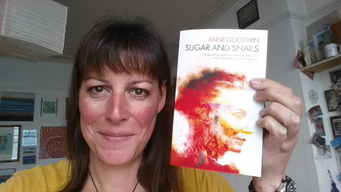 Mired in marketing my novel, less of a shrinking violet perhaps, but still paddling in the shallows, I was pleased when the latest post from the Carrot Ranch appeared in my inbox this morning declaring that Charli Mills also has marketing in mind. “Marketing takes time,” she says. “You’re too damn right,” says I. But when the alternative is readers failing to find my novel, I accept I have little choice. Because when they find it, and let me know they’ve not only read it but loved it, I still get a buzz. Today’s highlights have been a tweet from a reader who found my novel via a tweet of this photo by Rebecca Root and a yes from one of the quirkiest independent bookshops around these parts in response to my email nudging them to stock my book. Small gains, but they matter. As Charli says, “Being a marketer is like being a watchmaker. The gears do work, but you have to get it all aligned one piece at a time.” At the moment, I don’t even know what the pieces are, but I’m doing what I can to at least give them a chance of lining up.  In the year he fully expected to die, he spent the majority of his fifty-third birthday as he did most other days, listening to people complain about their mothers. Thoughtless mothers, cruel mothers, sexually provocative mothers. Dead mothers who remained alive in their children’s minds. Living mothers, whom their children wanted to kill. So begins this engaging thriller about New York psychoanalyst, Dr Ricky Starks, who, the day before his summer break, receives a letter from a man who calls himself Rumpelstiltskin, challenging him to guess his identity. If he is unable to do so within two weeks, he must either kill himself or see fifty-two of his relatives destroyed one by one. Rapidly thrown into a state of terror, Ricky is compelled to cast aside his customary thoughtful detachment and act promptly if he is to beat his tormentor at his game. 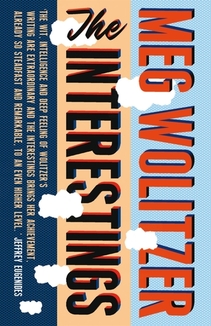 Fifteen-year-old Jules is taken in by the cool kids at the arty Spirit-in-the-Woods summer camp, or perhaps, this being the early 70s they’d be the trendy set. (Don’t ask me, I only lived through that period.) Whatever (which they definitely didn’t say back then, or certainly not in a flippant way), they are so in love with irony they adopt the name “the interestings”, not registering that even their irony can be ironic. The camp is idyllic, indulging the teenagers to believe in their talent. Jules, from a small town with small-town ambitions, still grieving her father’s death less than a year before, leaves convinced she can make it as an actor (or would it have been an actress back then?). 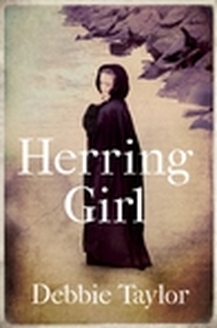 Dr Mary Charlton is “a fully qualified Jungian therapist, with a doctorate in neuropsychology and over twenty-five years’ experience in the NHS and private practice” (p39) who also claims to have worked as a clinical psychologist (p246), an unlikely combination to my mind but, knowing little about either Jung or neuropsychology, I’d better leave her to it. But she does highlight two areas not much addressed in this series on fictional therapists that merit a closer look. While previous fictional therapists, such as Gabrielle Fox, Max Fisher and Tom Seymour, have worked with children, Mary Charlton is the first I’ve encountered doing so outside a team setting. Twelve-year-old Ben Dixon finds his way to her on the recommendation of a friend, who is also a former client (I know, boundary violation alert). Although Mary knows that she can’t work with Ben without parental consent, her willingness to take him into her office and let him talk about his difficulties before this is forthcoming and, later, to spend time with him outside her consulting room when the boy’s father has expressly forbidden it puts her on ethical dodgy ground. |
entertaining fiction about identity, mental health and social justice
Annecdotal is where real life brushes up against the fictional.
Annecdotist is the blogging persona of Anne Goodwin:
reader, writer, slug-slayer, tramper of moors, recovering psychologist, struggling soprano, author of three fiction books. LATEST POSTS HERE
I don't post to a schedule, but average around ten reviews a month (see here for an alphabetical list), some linked to a weekly flash fiction, plus posts on my WIPs and published books. Your comments are welcome any time any where. Get new posts direct to your inbox ...
or click here …
Popular posts
Categories/Tags
All
Archives
March 2024
BLOGGING COMMUNITIES
|
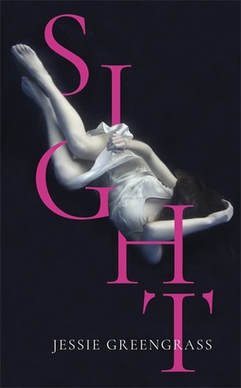

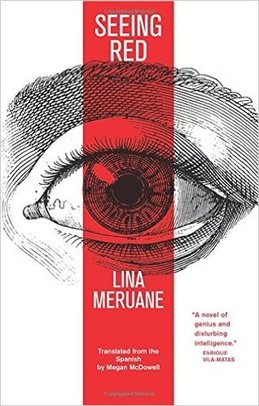
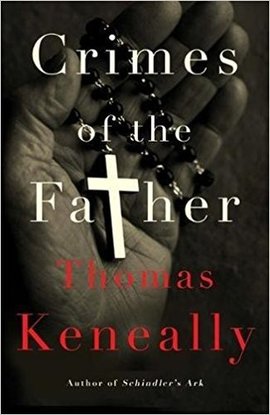
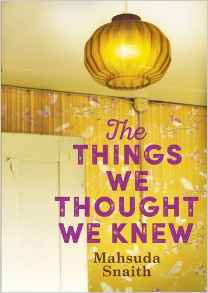
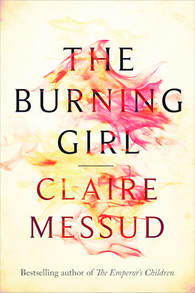

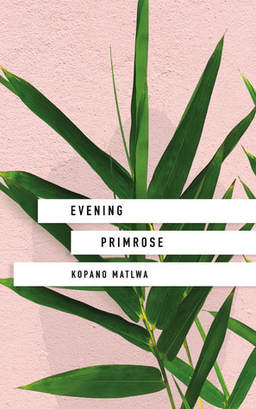

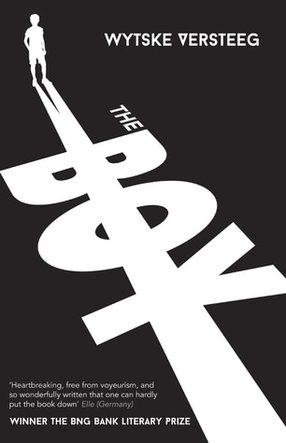
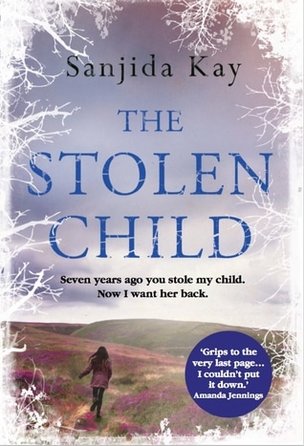
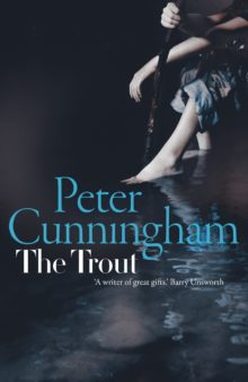
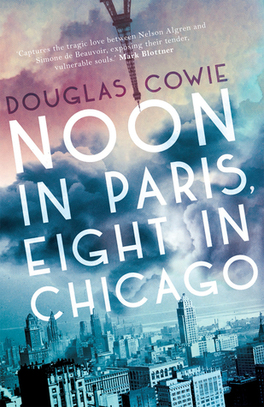

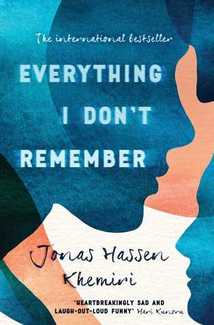
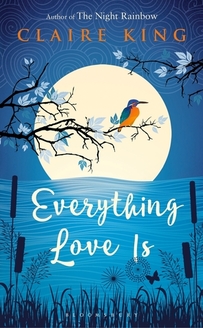


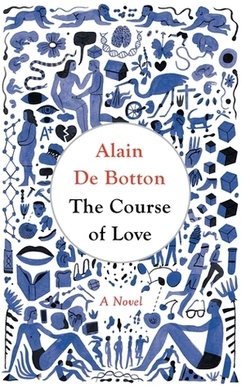

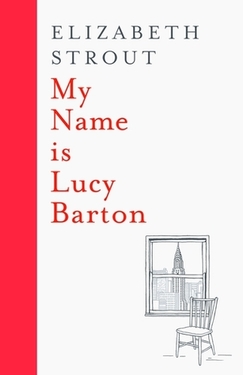
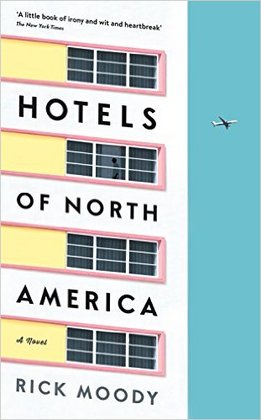

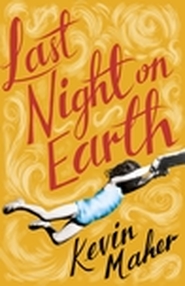

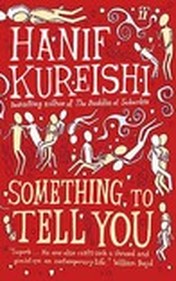
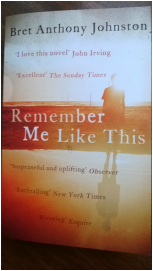

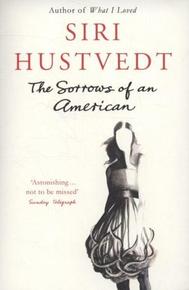





















 RSS Feed
RSS Feed





















